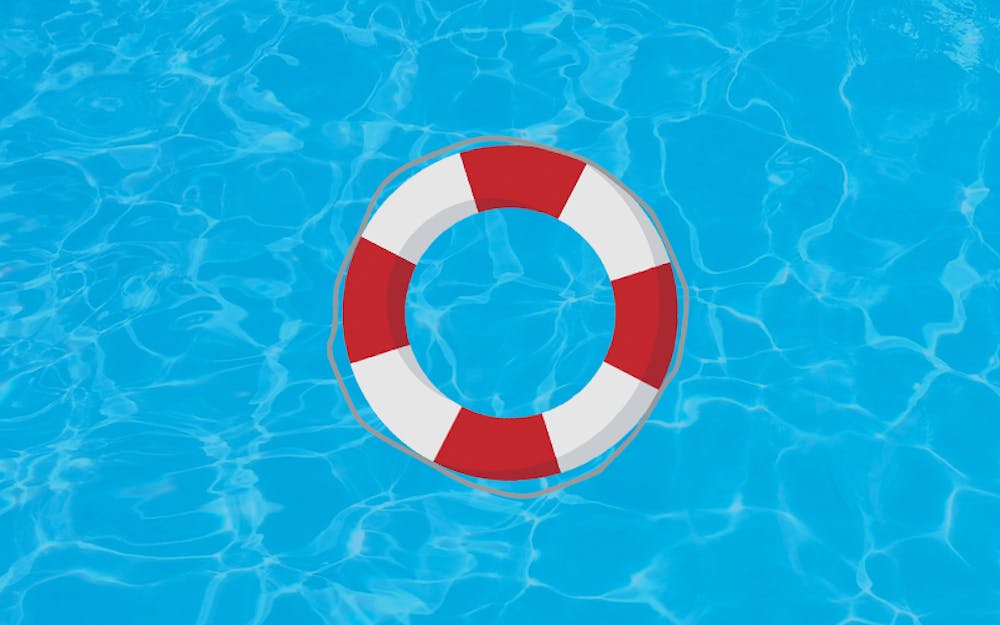When I think back to my freshman year, I can’t help but remember the number of times I said “今天很忙” to my Chinese professor whenever he asked me about my day. “今天很忙” translates to “today is very busy.” Since I started at this school, it has always been my automatic response. Neither the day nor the time matters; it seems I am (without fail) always busy. Initially, my response reflected the topic, the busyness of college life, that we had learned in Chinese class that week. After a while, however, it became my lived reality.
During my first year, the cyclical nature of busyness never seemed to cease, but instead continued to pick up momentum as my days on campus increased. The only ease of mind I had was knowing that fall break was coming up, and I would finally have time to recharge. I know a lot of people might feel I shouldn’t have had to wait for a break for my mind to truly be at ease on this campus, but a few recreational naps and sleepover sessions with my friends only presented a temporary calm. About three hours later, after my “fun” was said and done, I would be right back to square one and uttering “今天很忙” to my professor.
Princeton: We need more breaks. The drive to be the best can become very taxing on a student’s mental health, and the last thing any student wants is to crash. We have become so enamored with our academic lifestyle that we don’t even pencil in time to breathe. A plethora of things surge through our minds each day, so we are constantly working not only our bodies, but our minds as well. Often, we not only think about our to-do list for the week, but also our to-do list for the distant future. Thoughts about the future can become so overbearing that you don’t even feel that a period of rest is deserved, especially if your current life hasn’t lined up with where you want to be. This is why we need more breaks; this would give students time to unwind without having to use their own time.
The rigor and academic environment at the University is very demanding, and this can be a very overwhelming experience to a lot of students. It is synonymous to swimming. At first you test the waters: You dip your toe into the ocean and get a feel for how the overall swim would be (having light readings and few pset problems). Then, seeing how the water isn’t too hot or too cold, you decide to jump in and start your front crawl as you kick your feet (lab reports and quizzes). You have become comfortable, and pretty soon you get into a rhythm (go to lecture, go to precept, read the textbook, finish homework, study, repeat). But what you don’t notice is now that you are in the deep end (two lab reports due on the same day, all-nighters, weekly tests, 9 a.m. classes). You’ve begun to lose footing and you cannot stay afloat — now, you are drowning.
What would save the drowning swimmer would be a lifeguard, and that is what the academic break would be — a savior. Breaks are a time to decompress and do nothing; a week of relaxation. Some people might equate this with laziness, or idleness, but often that is exactly what we need. Not saying you shouldn’t use your break for productivity, but the fact of the matter is, you’ll be soon back on this campus where you’ll be productive anyways, so why not take this time off to just recharge? A majority of the time, by the time any break comes around, you are already exhausted (which is a key indicator that you’ve overexerted yourself) so, why not use that time to breathe?









